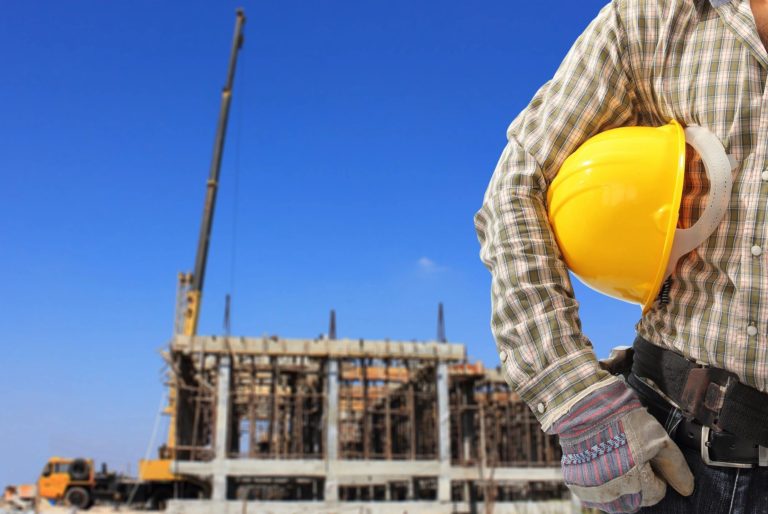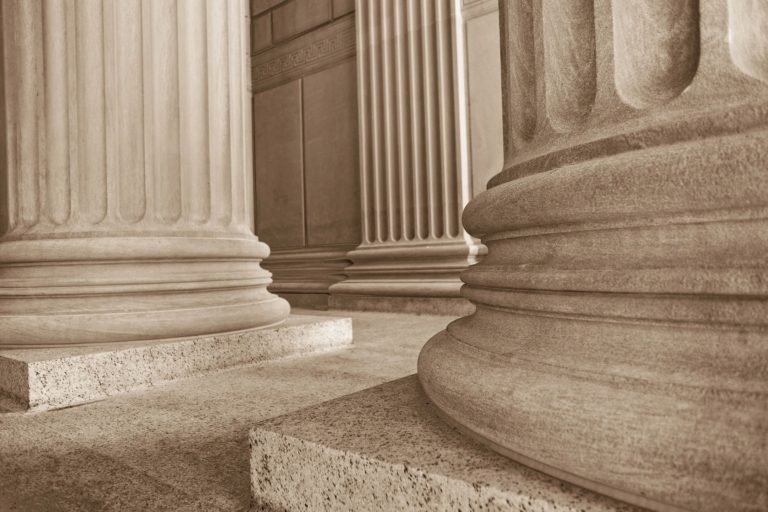John J. Lennon, who has been incarcerated since 2002, has written an op-ed for the New York Times detailing his time behind bars and who he has become.
In 2017, he asked a former White House aide in the Obama administration why in eight years couldn’t President Obama get meaningful criminal justice reform passed?
Lennon now wants President Biden to back a bill that helps both incarcerated people and corrections workers.
He describes the “overall toxic sentiment in the cell blocks when there are no incentives for those of us who committed violent crimes to do better or want better for ourselves.”
He wants Biden to create a “hope and healing” bill which will offer more education and more federal funding so that prisoners with mental health problems can be treated more humanely.
The bill would also provide corrections officers resources to treat PTSD that often arises from doing a hard job. They also often suffer depression, divorce and heart disease.
If states want the funding for these programs, they must agree to “second look” legislation. This would allow every prisoner an opportunity to petition the court, after 15 years, for a sentence reduction. Funding can also come by creating sentencing reform bills that shave off time for good behavior or send prisoners to a parole board.
Lennon hopes the policy would help states to pass reform bills that are already written but languishing.
Lennon says that he was sentenced to 28 years to life in 2004 by a judge who looked at him like a “loser.”
He used his time in prison to build a journalism career that he wishes he could show that judge today.
He says when he was sentenced, he was part of a lost generation in American prisons. He managed to get a high school equivalency diploma and joined the pilot college program in Attica, hosted by Genesee Community College.
Without education or much emotional intelligence in prison, Lennon says hopelessness sets in.
Prisons should provide resources and support for inmates, he says. Mental health problems in prison often go unchecked.
There is a mental health crisis in prisons.
Biden should want this reform because it’s the right thing to do, he says.










